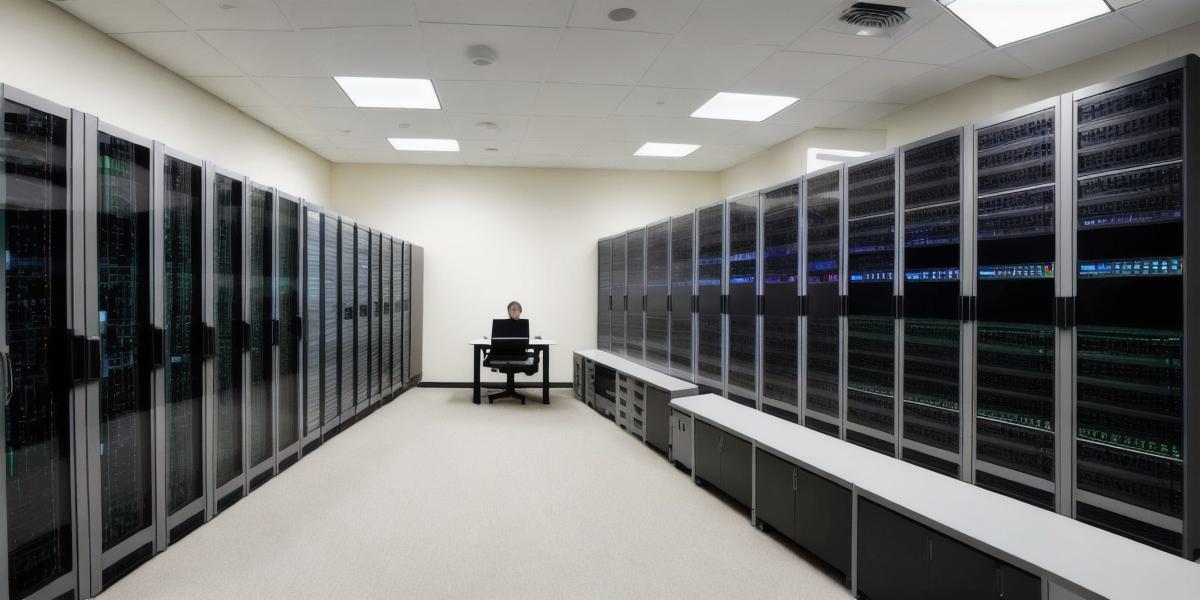Private Server Legality: Unraveling the Legalities for Programmers

As a programmer, you might have heard about private servers and their legality. But do you really know what they are and how they work? In this article, we will unravel the legalities of private servers, including their use cases, risks, and regulations. We will also provide tips on how to protect yourself and your data when using a private server.
What is a Private Server?
A private server is a dedicated computer system that is rented or purchased for exclusive use by an individual or organization. Private servers offer more control, security, and flexibility than shared hosting options. They are commonly used by businesses, individuals, and developers who require high-performance computing resources, data storage, or custom configurations.
Use Cases for Private Servers
Private servers can be used for a variety of purposes, including:
- High-performance web applications
- Data storage and backup
- Email hosting
- Development and testing environments
- File sharing and collaboration
- Remote access and virtual private networks (VPNs)
Risks and Regulations for Private Servers
While private servers offer many benefits, they also come with risks and regulations that you need to be aware of. These include:
- Data privacy and security: Private servers are responsible for protecting your data from unauthorized access, theft, and breaches. You need to ensure that your server is secure, up-to-date, and compliant with relevant data protection laws such as GDPR or CCPA.
- Compliance with regulations: Depending on the industry or location, you may be required to comply with specific regulations such as HIPAA, PCI DSS, or SOC 2. These regulations impose strict requirements for data handling, storage, and processing.
- Licensing and software restrictions: Private servers often come with licensing agreements that limit their use or require additional fees. You need to ensure that you are using your server in compliance with these agreements and avoid any legal disputes.
Tips for Protecting Your Data and Server
To protect your data and server when using a private server, you can follow these tips:
- Use strong passwords and two-factor authentication (2FA) to secure your accounts and prevent unauthorized access.
- Regularly update your software and operating system to patch any security vulnerabilities.
- Enable backup and disaster recovery options to safeguard your data against data loss or corruption.
- Implement firewalls, intrusion detection systems (IDS), and other security measures to monitor and block malicious traffic.
- Use encryption to protect sensitive data both in transit and at rest.
- Comply with relevant regulations and standards such as ISO 27001 or NIST Cybersecurity Framework.
Conclusion
Private servers are powerful tools for programmers and businesses who require high-performance computing resources, data storage, and custom configurations. However, they also come with risks and regulations that you need to be aware of. By following best practices and implementing appropriate security measures, you can protect your data and server and avoid any legal disputes or breaches. Remember to always stay informed about the latest developments in cybersecurity and privacy laws to ensure that you are using your private server in compliance with all applicable regulations.








